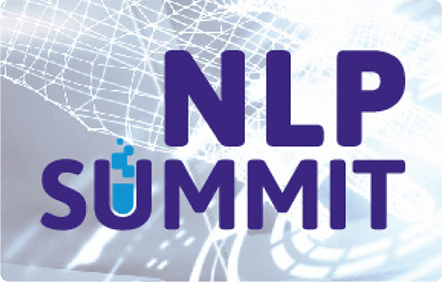Before writing this blog, I remained few days wondering whether to search and write on the role of big data in fighting addiction or on big data addiction. I decided then to give the priority to the role of big data in fighting addiction. When we talk about addiction we can include different types of addiction like drug abuse or gambling addiction.
The analysis of big data revealed to a great extent the behavioral processes associated with drugs abuse and its treatment. In addition, it revealed the most probable persons to gambling addiction.
Analyzing huge data sets can allow scientists to change data into knowledge and facts.
Drugs abuse
Big Data to Knowledge (BD2K) program, was launched in 2014 by the National Institute of Health (NIH). You can read more about the project at: https://commonfund.nih.gov/bd2k
Such huge data projects need a pilot phase to test storage, accessibility and sharing features. The NIH successfully established the pilot phase which known as “Data Commons” in 2017 and expected to continue till 2020. The expected budget for the project is $55.5 Million.
There are different organizations concerned with drugs abuse like the National Institute on Drug Abuse (NIDA) and the National Advisory Council on Drug Abuse (NACDA). Both organizations recommend a set of guidelines concerning drug abuse.
The NIDA, in collaboration with the National Institute on Alcohol Abuse and Alcoholism, the National Cancer Institute, the National Human Genome Research Institute, the Office of Behavioral and Social Science Research has identified a set of measures to promote the comparable data collection across different studies.
Those measures are available in the Substance Abuse and Addiction Collection of the PhenX Toolkit available at: www.phenxtoolkit.org
PhenX contains 523 measures. Measures are grouped together based on the topic, where you can Browse through Collections and view Measures and Protocols. You may also Browse “Domains” or “Measures”.
Gambling
Gambling revenues could reach $500 billion. Over half of UK citizens gamble regularly and some of them can develop gambling addiction.
[Screen capture showing the PowerCrunch application, Access date: 13 June 2017, Source: http://bet-buddy.com/]
Power Crunch is an application developed by BetBuddy (a UK-based software house). This application depends mainly on machine learning and data mining techniques to analyze gamblers’ actions and events to detect high-risk players liable to develop addictive or inappropriate behaviors and send them personalized communications and messages including tips for sustaining safe gaming behaviors.
BetBuddy uses a Three-Tier Model for At-Risk gambling detection which has been assessed and published in peer-reviewed journals specialized in gambling addiction science. This new trend in analysis is known as “Responsible Gaming Analytics Technology”. The first tier is concerned with the analysis of the exhibited behavior. The second tier is concerned with the results of self-assessment test, while the third tier is concerned with inferred behavior (resulted from tier one and two results combination). The third tier can then lead to building predictive models.
Psychologists reported that online gaming vendors can track and analyze data to develop consumer behavior models. Online gaming vendors may need to know which games attract the gamblers more, how long they are spending on each one, and how much they can spend on each game.
PowerCrunch is not the sole application, there is also Playscan and Observer. They use almost similar methodologies to that of PowerCrunch and also can send notifications to the gambler at risk. Such applications can close the gambler account if no improvement is noticed.
Nine out of ten gamblers reported that the software helped them to control their behaviors as claimed by Ontario Lottery and Gaming Corporation (OLG).
Leveraging tools like Generative AI in Healthcare and a tailored Healthcare Chatbot can further enhance addiction prevention by offering personalized support, real-time monitoring, and predictive insights for vulnerable individuals.






























